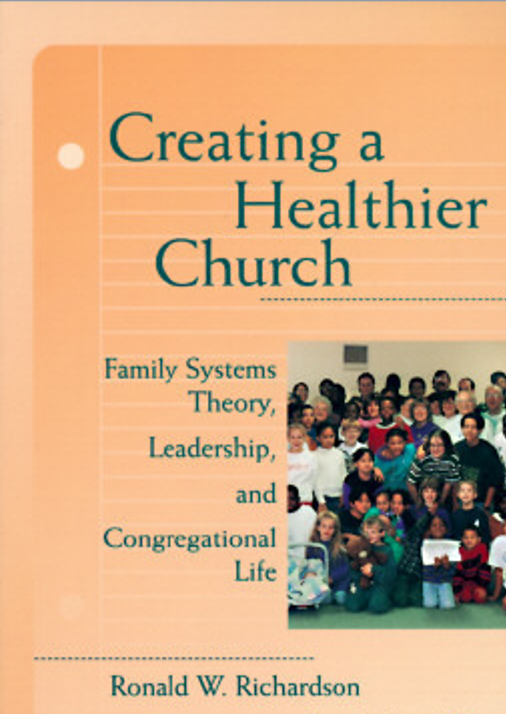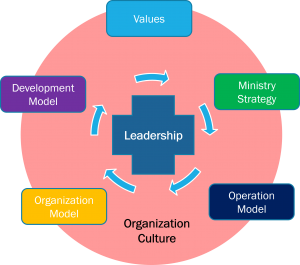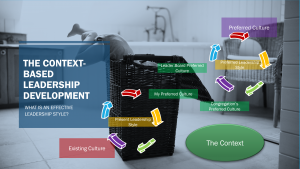While studying in seminary, I encountered an exciting book written by Ronald W. Richardson in 1996. The title was “Creating a Healthier Church.” The intrigued idea was to look at congregational development through the systems theory. I didn’t think the systems theory was an excellent choice for the development. The congregation is a complicated Christian organization dealing with the truth, traditions passed down over thousands of years, and people are making their lives today and for the future. At that moment, my thought was that it would demand a far more complex approach. At the same time, I asked who could make it with such a sophisticated approach, if it exists, when pastors were not equipped with competencies for systematic organizational development interventions.
Any development should first deal with a directional matter. When you are moving in the right direction: Even with a bad strategy, you can get there eventually if you don’t give up. On the other hand, you will reach your destination quickly with a good plan. The systems theory is all about tackling the directional issues by reorienting the process and reorganizing the system. The reorientation ensures your congregational development moves forward even in any circumstances. The self-reorganization of the system helps you allocate resources accordingly and adopt a new strategy best suitable for the given circumstance. Your congregational development could continue with a sense of direction.
The system approach to the congregational development is like seeing the forest for the trees. It allows you to visualize your congregation in a flat system diagram shown below:
A system is a composite of various elements organically functioning inter-independently with a set of implicit rules, assumptions, and understanding mandating its operation within a boundary. We define the set as organizational culture. “A strong culture is a system of informal rules that spells out how people are to behave most of the time.” (Deal and Kennedy, 1983) When coaching clients, the key leaders often say, “It is how we do things around here.” Yes, a church has a unique culture represented by its subsystems, such as the organizational model, development model, organizational values, operational model, ministry strategy, and leadership model. Many pastors try to find a known good ministry case and copy and apply the ministry model in their local settings. The efforts don’t produce fruits most time, as much as seen in the successful case. It may not be that they don’t work hard or there is a problem with the ministry model. Your church operates in a unique culture requiring a distinct systematic approach to your ministry development.
The following statement is one of my favorites, “Culture is like surfing for a wave. You cannot make a wave. All you can do is wait and watch for the right wave, then ride it for all it’s worth” (Martin, 2002). It is like the work of the Holy Spirit. You can’t create the divine wave, but you should be awake in your prayers to join what the Spirit is up to next. All you can do with your leadership is to try to shape your congregational culture for effective holy work. Remember that leadership and congregational culture are in a recursive relationship meaning culture may also shape leadership and vice versa. How do you create a healthier recursive relationship in today’s world? Just-in-time ministry begins to answer the question.






